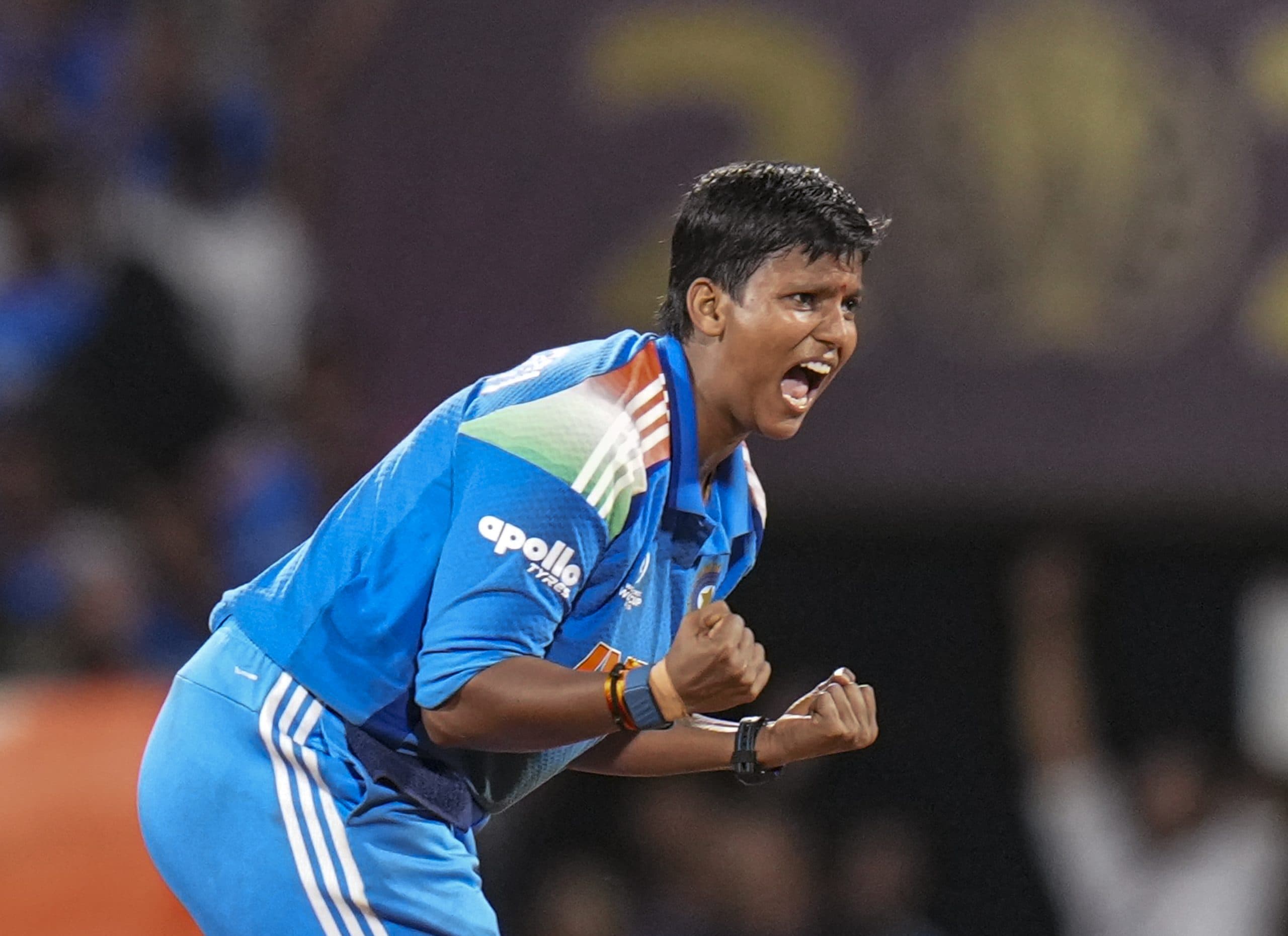On June 12, 2025, the Axiom-4 mission, set to carry Indian astronaut Group Captain Shubhanshu Shukla to the International Space Station (ISS), was postponed indefinitely due to a liquid oxygen (LOx) leak in SpaceX’s Falcon 9 rocket, compounded by earlier weather-related delays.
In This Article:
Originally scheduled for May 29, the launch, which would mark India’s return to human spaceflight after Rakesh Sharma’s 1984 mission, was rescheduled multiple times—June 8, 10, and 11—before this latest setback. While the delay dims hopes for Shukla’s historic journey as the first Indian to pilot a spacecraft and visit the ISS, experts argue it reflects the meticulous safety standards of space exploration rather than a true setback for India’s space program.
Technical and Weather Woes
The Axiom-4 mission, a collaboration between ISRO, NASA, and Axiom Space, faced its latest hurdle when SpaceX detected a LOx leak during a routine seven-second hot test of the Falcon 9’s booster stage, a flaw traced to a prior Starlink mission. SpaceX Vice President William Gerstenmaier noted a thrust vector control issue in engine five, emphasizing that “spaceflight is really hard, and we’re learning every day.” Weather challenges, including high winds in the ascent corridor, had already pushed the launch from June 10 to June 11. A pressure anomaly in the ISS’s Zvezda module, reported by NASA and Roscosmos, further complicated matters, requiring additional safety checks. No new launch date has been announced, with repairs and validation tests ongoing.
A Milestone for India
Shukla, a 39-year-old Indian Air Force test pilot from Lucknow, was to lead a 14-day mission alongside commander Peggy Whitson (USA), Sławosz Uznański (Poland), and Tibor Kapu (Hungary). Tasked with conducting seven ISRO-led experiments, including microgravity studies on methi and moong crops, Shukla’s role as mission pilot underscores India’s growing space prowess. The ₹550 crore mission, a precursor to ISRO’s Gaganyaan program in 2027, aims to bolster India’s human spaceflight capabilities and inspire a generation, with Shukla carrying “the hopes of 1.4 billion hearts.”
-By Manoj H




